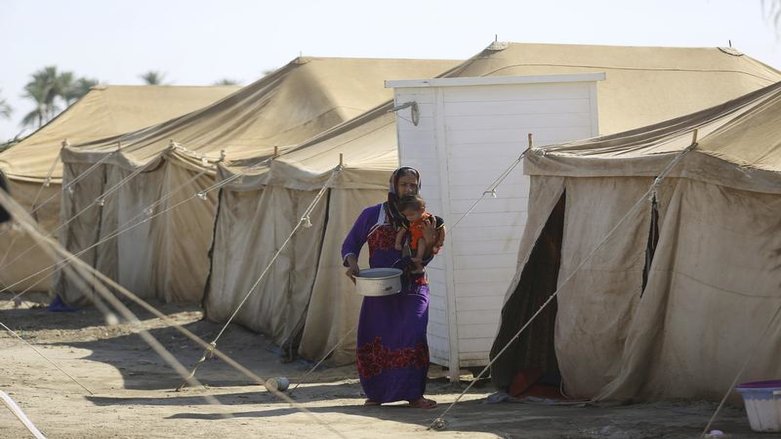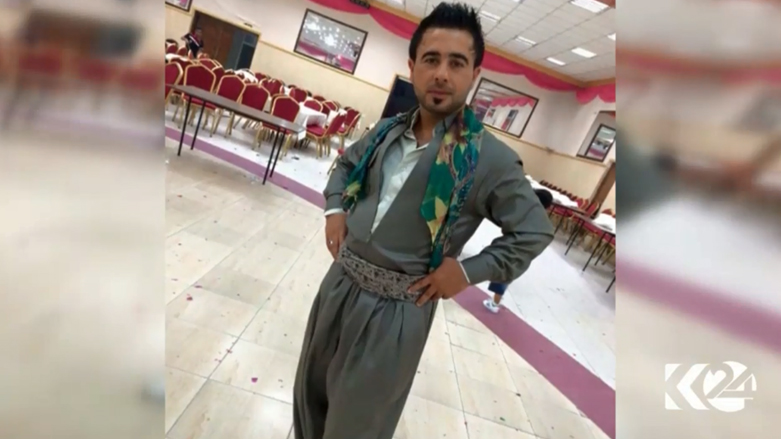HRW: Iraqi forces preventing displaced from returning to liberated areas

ERBIL, Kurdistan Region (Kurdistan 24) – Iraqi forces are preventing displaced families from returning to their homes in Anbar, despite their areas having been liberated, according to a Human Rights Watch (HRW) report.
Over the past month, Iraqi security forces, as well as the Iranian-backed Shia Hashd al-Shaabi militia, have begun operations in Anbar Province to remove Islamic State (IS) militants from the last remaining pockets they control in the country.
According to HRW, thousands of families are being denied a return to their homes in areas liberated from IS over perceived ties to the militant group.
“While Iraqi forces confront serious security concerns, just being a family member of someone linked to [IS] or having lived under [IS] is not enough to represent a real threat,” Sarah Leah Whitson, Middle East director at HRW, said.
“Authorities should allow those who aren’t an actual security risk who want to go home to do so in peace and respect the right of people who don’t feel safe to live where they wish,” she continued.
Since 2014, fighting in Anbar has displaced at least 507,000 people, with at least 91,000 remaining in camps, according to statistics from the International Organization for Migration’s Displacement Tracking Matrix.
Meanwhile, in some cases, Iraqi authorities are also evicting people from camps and forcing families to return to their homes in unsafe areas.
“Since March, Anbar’s Provincial Council has been encouraging districts in Anbar to forcibly return displaced families to areas retaken by Iraqi forces,” an HRW report stated.
As operations against IS continue, Whitson advised Iraqi authorities to cease ongoing violations against displaced families.
“With a new wave of displaced people most likely on the horizon, authorities should ensure that [displaced families] are able to return to their homes when they feel safe,” she concluded.

